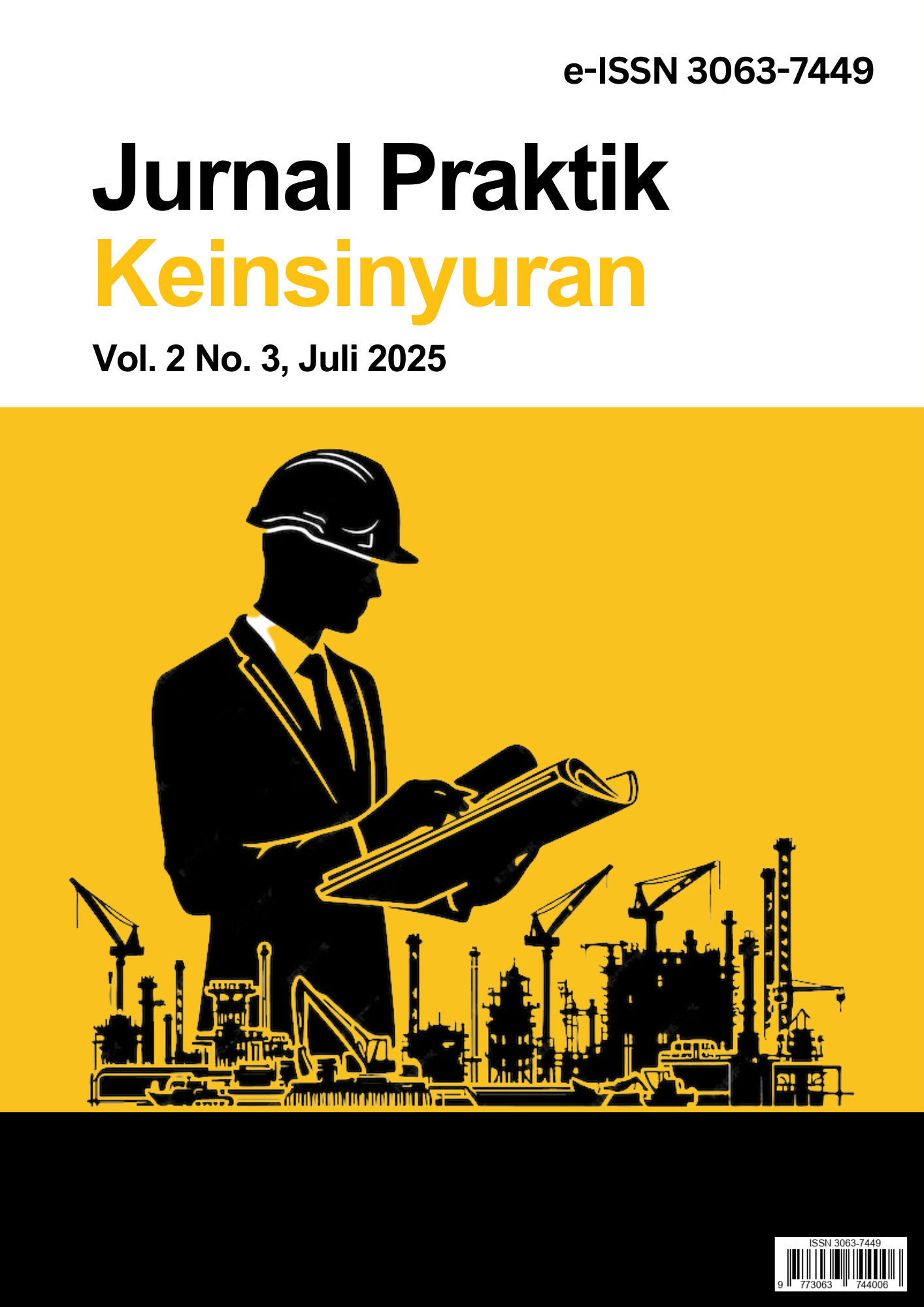Evaluasi Kontraktual dan Dampak Operasional dari Suspension dan End of Suspension dalam Proyek Data Center
DOI:
https://doi.org/10.25170/jpk.v2i03.6922Keywords:
suspension, construction, contract, productivity, Data CenterAbstract
Temporary suspension in construction projects can significantly impact project execution in terms of time, cost, risk, and productivity. This study evaluates the contractual and operational aspects of suspension and end of suspension in the Data Center project at KIIC Karawang. The analysis is based on contract documents, interviews, and field observations. Findings indicate that while the suspension is contractually valid, its impacts require well-planned mitigation and restart strategies. Recommendations are provided concerning remobilization procedures, claims, and post-suspension risk management. The study contributes to the understanding of suspension impacts in high-risk construction environments and emphasizes the necessity of contractual flexibility and proactive project controls during critical disruptions. The findings are expected to benefit not only contractors and project managers but also policymakers and stakeholders involved in the formulation of contractual frameworks for critical infrastructure projects. By providing a comprehensive overview of the practical and legal considerations during suspension phases, this study can serve as a reference for future project planning and risk management strategies.
References
Baumann, M. D., & Zimmerer, K. S. (2022). Linkages of Suspended Infrastructure, Contestation, and Social-Environmental Unevenness: Colombia's Tolima Triangle Irrigation Megaproject. Journal of Latin American Geography, 21(3), 123-160.
FIDIC. (2017). Conditions of Contract for Construction (Red Book). Fédération Internationale Des Ingénieurs-Conseils.
Gunawan, A., & Hartono, T. (2019). Analisa Dampak Change Order terhadap Waktu Pelaksanaan Proyek. Jurnal Rekayasa Sipil, 11(3): 127–135.
Matienzo, F. C. (2016). Temporary suspension of construction projects. In Construction Research Congress 2016 (pp. 2149-2159).
Okudan, O., Çevikbaş, M., & Işık, Z. (2024). Development of Delay and Disruption Cause Monitoring Framework for Megaprojects: A Claim Management Approach from the Contractor’s Perspective to Enhance Sustainability in the Built Environment. Sustainability, 16(24), 10856.
Raharja, D., & Siregar, H. (2021). Manajemen Waktu pada Proyek High-Risk. Jurnal Teknologi dan Rekayasa Sipil, 10(4): 213–222.
Soemardi, B. W., & Indrasari, M. (2018). Studi Kasus: Kontrak FIDIC dalam Proyek Konstruksi Indonesia. Jurnal Teknik Bangunan, 5(1): 23–30.
Santosa, I. B., & Hidayat, A. (2020). Evaluasi Manajemen Risiko dalam Proyek Infrastruktur. Jurnal Teknik Sipil dan Lingkungan, 8(2): 75–82.
Wahyudi, R. (2023). Prosedur Change Order dalam Proyek Gedung Bertingkat. Jurnal Manajemen Konstruksi, 6(2): 88–95.
Yusuf, M., & Rahman, R. (2022). Strategi




